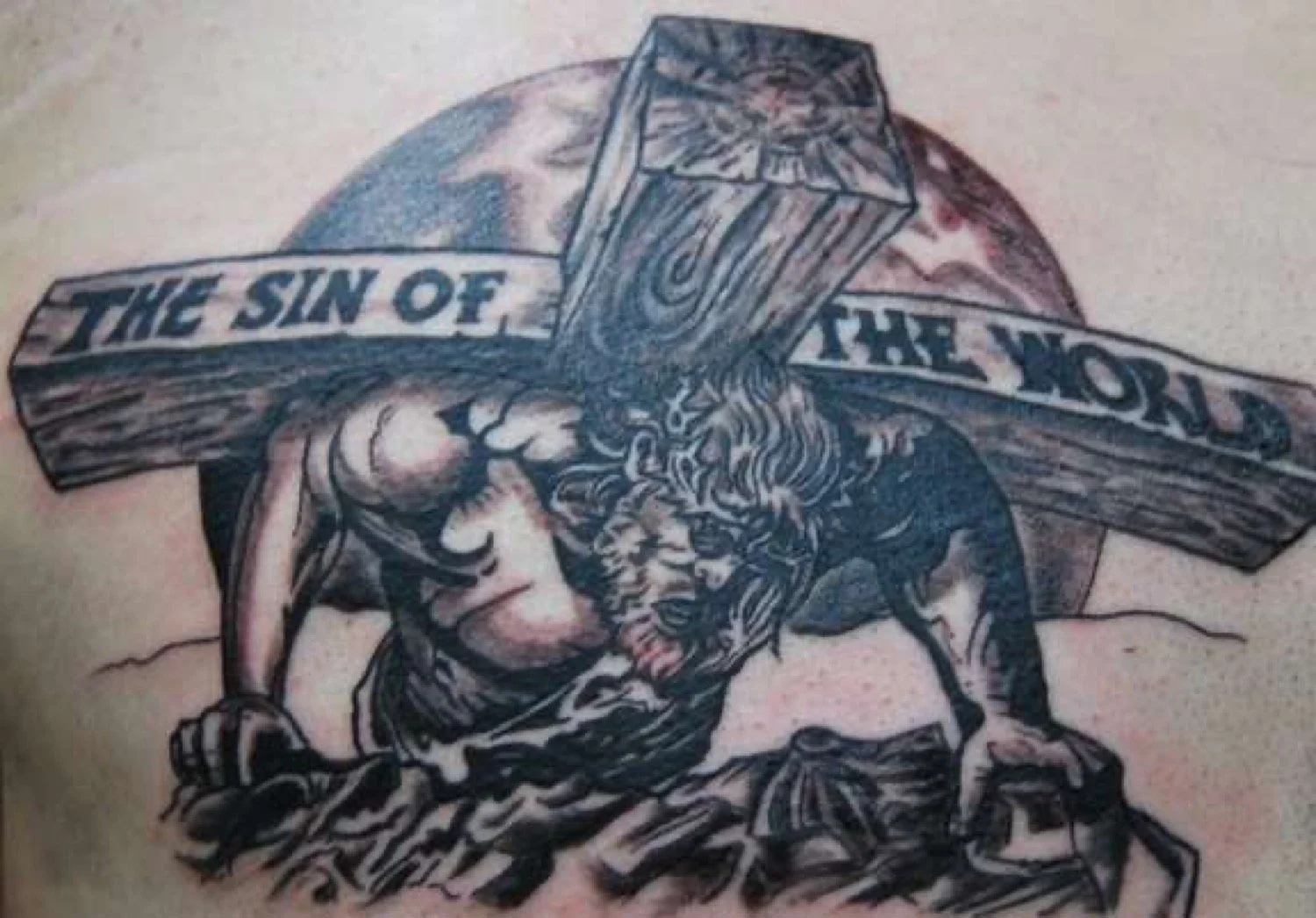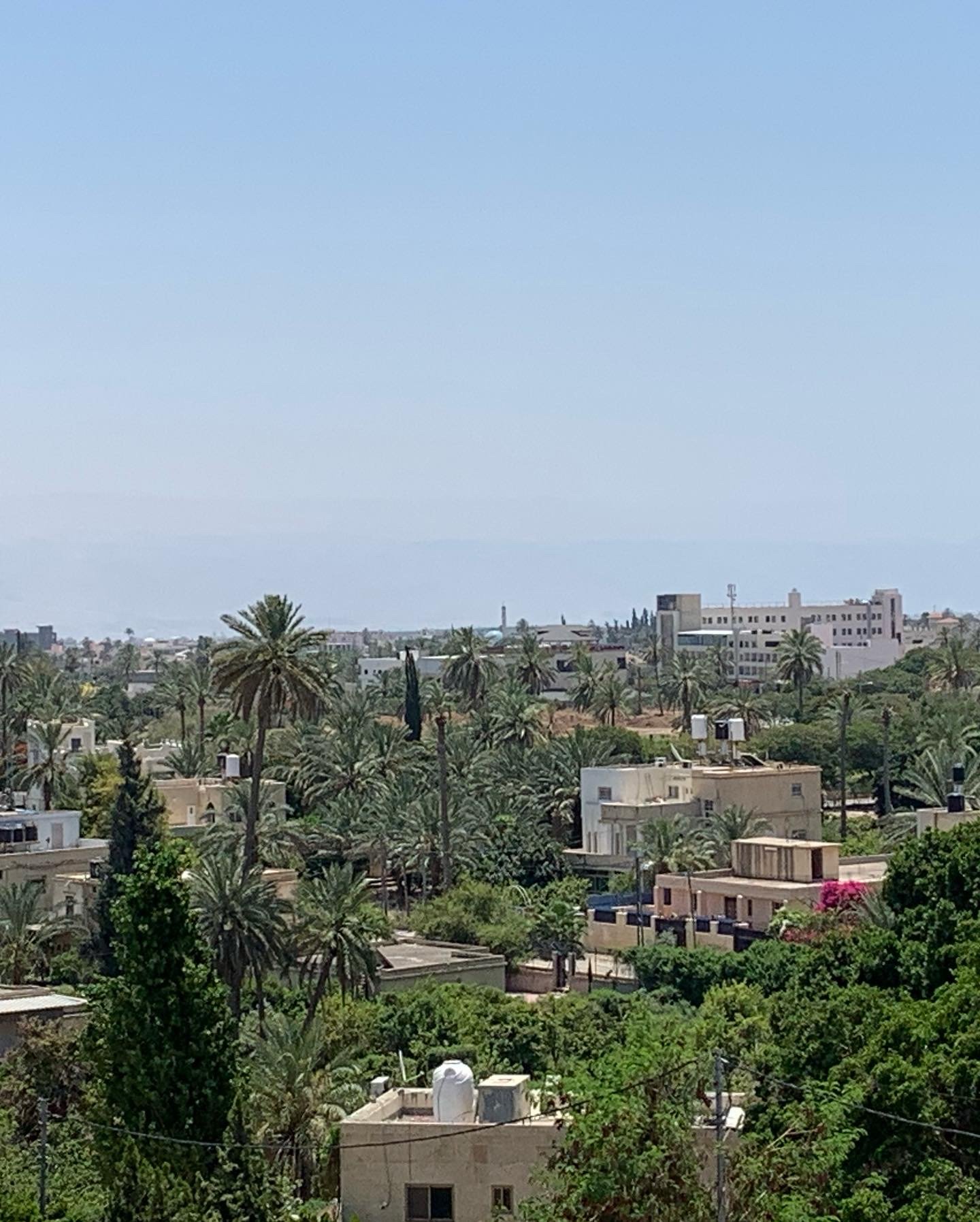Readings for today: Jeremiah 45-48
The Lord disciplines those He loves. I remember when I first ran across those words from Hebrews 12:6. They resonated deeply. As Christians, we believe God is our Heavenly Father. We believe He is a Good Father who delights in giving good gifts to His children. We believe He is a Faithful Father who walks with us every step of the way throughout all of life. We believe He is a Wise Father who knows what’s best for us. As such, it makes perfect sense that He would discipline me when I go astray. It makes perfect sense that He would say “No” when I ask for something outside of His will for my life. It makes perfect sense that He would lovingly but firmly correct me when I am engaged in sin.
God made a covenant with Israel after delivering them from bondage in Egypt. He promised to be their God. He promised to be faithful and true and steadfast and loyal to them. He promised to walk with them wherever they would go. He promised to be good to them and bless them and keep them. But God was also clear as to what would happen should Israel forsake the covenant and worship other gods. He would punish them. He would discipline them. He would lovingly but firmly correct them. Now His judgment may seem harsh in light of everything we have read. The pain and suffering they’ve endured has been immense. The devastation and destruction overwhelming. So many have lost their lives and lost loved ones as a result of all that has happened. This is loving discipline? No thanks! But take a moment and try to look at things from God’s perspective. Recall to mind all the injustice and oppression and idolatry and violence and abuse of power that had taken place under the evil kings who ruled both the northern and southern kingdoms. Called to be the light, Israel had become a land of deep darkness. Called to be set apart, Israel had become just like her pagan neighbors. Called to be righteous and good, Israel had become corrupt and evil. It’s hard to overstate the horror she had become so God brings forth His judgment.
God’s goal in judgment is never the complete destruction of His people though they have rightfully earned such a fate. It is always to turn them back to Him. Even here at the end of Jeremiah after all has been lost and the nation scattered, the prophet sounds a note of hope. “Fear not, O Jacob my servant, declares the Lord, for I am with you. I will make a full end of all the nations to which I have driven you, but of you I will not make a full end. I will discipline you in just measure, and I will by no means leave you unpunished.” (Jeremiah 46:28) Yes, the evil Israel has committed in God’s name must be dealt with but God will never forsake the covenant He made with them. Yes, their sin must be atoned for but God will never abandon them to their fate. He will discipline them in just measure. He will punish them for their transgressions. But He will restore them as well and gather them from the nations to which they have been scattered.
Now consider your own life. God is the same yesterday, today, and forever. He still disciplines those He loves. He still corrects those who’ve gone astray. He still confronts us in our sin. But thankfully ALL of His wrath and judgment was poured out on Jesus at the Cross. All our sin was atoned for by Jesus’ sacrificial death. God’s justice has been perfectly satisfied in Christ. This is unbelievably good news! Because of what Jesus has accomplished for us, we receive mercy and forgiveness rather than judgment and punishment. God’s discipline is kind and gentle even as it is firm and righteous. Yes, we will still experience the natural consequences of our sin but God is always faithful to welcome us back home.
Readings for tomorrow: Jeremiah 49-50






